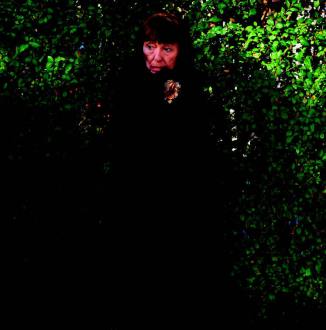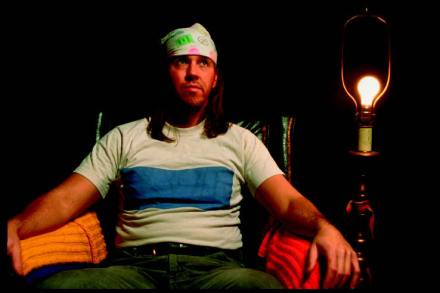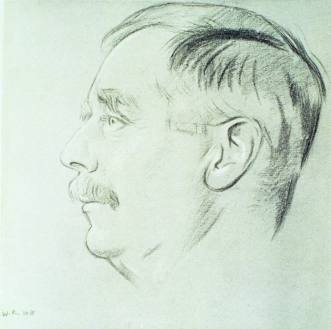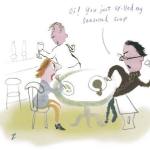Those who die like cattle
An ex-farmer whose brother has died fighting in Iraq is the man at the centre of Graham Swift’s new book, a state-of-the-nation novel on a small canvas. An ex-farmer whose brother has died fighting in Iraq is the man at the centre of Graham Swift’s new book, a state-of-the-nation novel on a small canvas. Jack runs a caravan park on the Isle of Wight, having sold his centuries-old Devon farm to a banker in need of a bolt-hole. His parents are dead, and more than a decade has passed since he’s last been in touch with Tom, nine years his junior. Now Tom’s gone too, blown up by an IED,







